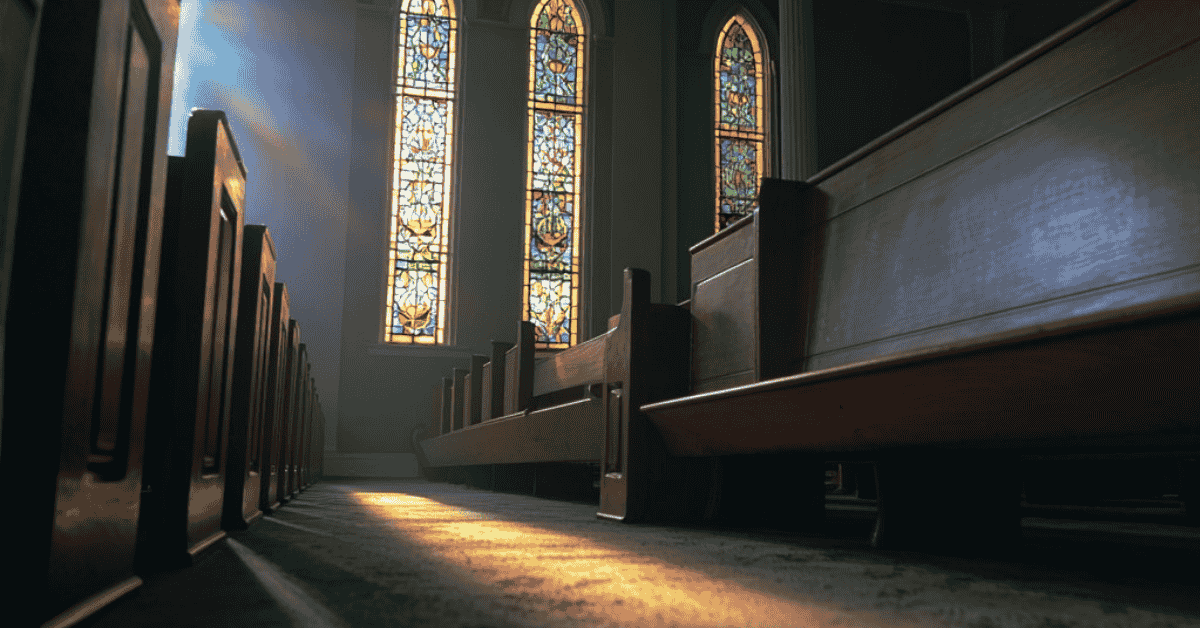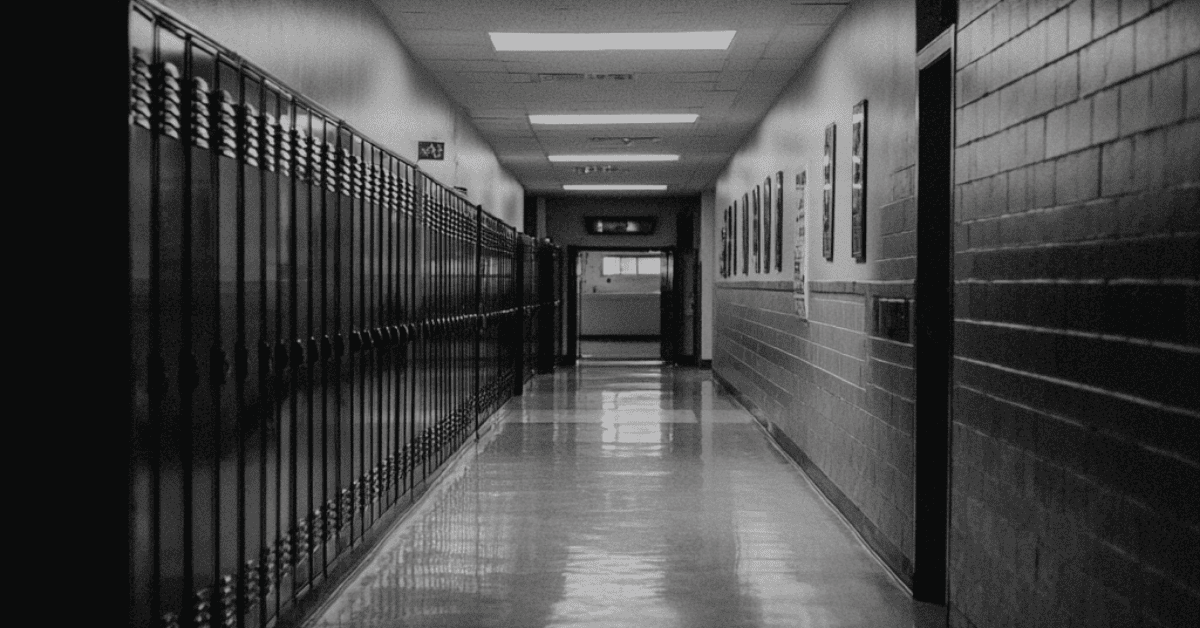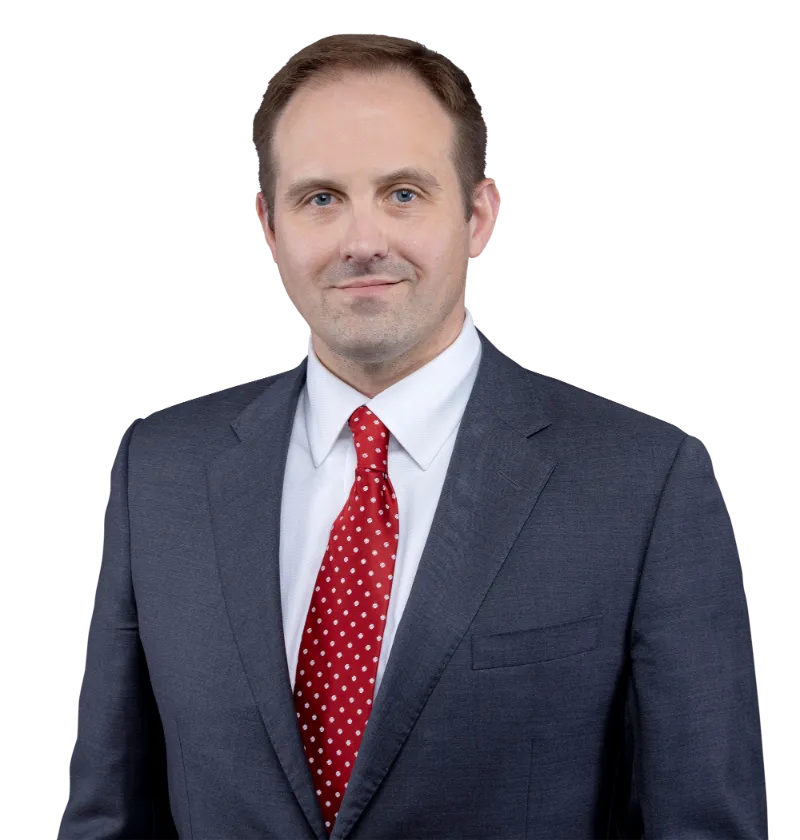Taking Legal Action After Abuse at a Residential or Psychiatric Facility: A Parent’s Step-by-Step Guide
When you first learn your child was abused in a place that promised to help them heal, it’s like the ground disappears beneath you. You trusted that residential treatment center or psychiatric facility to keep your child safe — and instead, they were harmed behind locked doors.
That realization hits like a wave you can’t breathe through. Parents in this moment often whisper the same words: “What do I do now?”
You’re not powerless. There are concrete steps you can take today to protect your child, report what happened, and start holding that facility accountable. Our firm has represented Arkansas parents facing this same nightmare, and we’ve seen what actually works — both legally and emotionally — when families fight back.
If your child was hurt in a residential or psychiatric facility, you can take action. Our firm handles residential treatment facility cases in Arkansas, and we’ve walked beside families through every part of this process.
Here’s where to begin.
Step 1: Make Sure Your Child Is Safe
Get your child safe first. Everything else can wait.
If your son or daughter is still inside that facility, pull them out as soon as you can. Go straight to their regular doctor or therapist — someone who already knows them and will take you seriously. Ask for a full checkup, both physical and mental. Those records matter later, but right now, they also show your child that adults are finally protecting them.
When you talk to your child, keep your voice calm, even if your heart is pounding. Try gentle questions like:
- “Can you tell me what happened?”
- “Did someone hurt you?”
- “Do you feel safe right now?”
You don’t need every detail in that moment. Just listen. Let them see that you believe them. The truth will come out in pieces over time.
If your child says they want to die or they’re terrified of going back, treat that like an emergency. Call 911 or go to the nearest hospital. Nothing matters more than keeping them alive and safe tonight.
Step 2: Document and Preserve Evidence
Once your child is somewhere safe, grab a notebook. Write down everything — what your child said, the date, the staff members’ names, even small details that feel unimportant right now. Later, those details often become the missing pieces that prove what really happened.
Keep copies of every document you can get your hands on:
- Medical and therapy notes
- Emails or texts from facility staff
- Any official reports or discharge papers
- Photos of injuries or unsafe living spaces
If the facility gives you excuses — “the file’s missing,” “we can’t release that” — note that, too. It shows a pattern.
Never count on the facility to tell the whole truth. We’ve seen too many records “go missing” the moment a parent starts asking questions. Your own notes and evidence can become the backbone of a strong legal case later.
Step 3: Report the Abuse
In Arkansas, all suspected child abuse must be reported. You can do this even if your child has already been removed from the facility.
Where to report:
- Arkansas Child Abuse Hotline: 1-800-482-5964 (available 24/7)
- Local law enforcement: File a report with the police or sheriff’s office
- Arkansas Department of Human Services (DHS): Reports can also go through the Office of Long-Term Care or Behavioral Health Division
When you call, give clear details — the facility’s name, location, and anything your child described. If you think other kids are still at risk, say that directly.
Facilities often try to contain these allegations before they reach the outside world. They might claim to be “handling it internally” or tell you that “the staff member was terminated.” Don’t stop there. Internal investigations rarely tell the full story. We’ve seen paperwork rewritten, staff threatened, and records sealed to protect the institution.
We talk more about those patterns here: Group home cover-ups and what parents can do. Knowing those tactics helps you act quickly and protect your child’s case.
Step 4: Understand Your Legal Options
Parents often ask, “Can I take legal action for abuse at a psychiatric facility?”
Yes, you can — and often, you should.
There are two main legal paths: criminal cases and civil lawsuits.
- Criminal cases are handled by prosecutors. They focus on punishing the abuser or facility staff through fines or prison time.
- Civil lawsuits are separate and allow your family to pursue financial compensation for medical care, therapy, pain, and long-term trauma.
Civil cases also shine a light on the system itself — the policies, the lack of supervision, and the corporate structures that let abuse continue.
Many legal action after abuse at residential facility cases uncover far more than one bad employee. They reveal repeated warnings ignored by leadership, broken safety rules, and a culture that put profit over protection.
Arkansas has specific time limits (called statutes of limitation) for filing civil claims, which is why it’s crucial to speak with a lawyer as soon as you can.
Step 5: Choose the Right Legal Team
Not every lawyer can handle this kind of case — and not every one should.
These cases aren’t about contracts or car wrecks. They’re about children who were hurt where they were supposed to heal.
You need someone who understands trauma as deeply as they understand the law. Someone who’s not afraid to go toe-to-toe with a billion-dollar company hiding behind polished brochures.
The right attorney will know where facilities bury the truth — in policy binders, fake progress notes, or a staff email that was “never meant to be seen.” They’ll know which documents to demand, which witnesses to protect, and how to build a case that doesn’t just expose what happened, but why it was allowed to happen.
If you’re meeting with a lawyer who rushes through your story or avoids hard questions, trust your gut. You need someone who listens, asks the right questions, and treats your family like more than another case number.
We’ve learned these lessons firsthand through years of representing parents in Arkansas. You can read more about that experience in what I’ve learned representing parents in facility abuse cases.
Step 6: Support and Healing
Legal work can bring justice, but it doesn’t heal the wounds — not by itself.
That part takes time, patience, and the right kind of help.
Many kids coming out of psychiatric or residential facilities don’t trust anyone, especially adults who claim to care for them. Therapy can feel impossible at first. But when your child finds a trauma-informed counselor who understands institutional abuse, that connection becomes a lifeline.
You’ll need support, too. Parents often carry invisible guilt — “I should have seen it. I should have done more.” That guilt isn’t yours to hold. Family therapy, survivor groups, or even one trusted friend can make a difference while you navigate the next steps.
In Arkansas, the Arkansas Coalition Against Sexual Assault (ACASA) and RAINN both connect families to confidential counseling and survivor advocates. Keep those numbers close.
Taking legal action isn’t just about punishment. It’s your way of showing your child: Your pain matters. I believe you. And I’m not letting this go.
Step 7: The Power of Speaking Up
When one parent stands up, it changes things.
We’ve watched a single family’s lawsuit pull back the curtain on a facility that had hidden abuse for years. Once the truth was out, other parents started calling — one by one — each with the same story. That’s how change starts.
You may not think of yourself as an activist. Most parents in your shoes don’t. You’re just trying to protect your child. But that courage echoes. Every report, every lawsuit, every parent who refuses to stay silent — it all adds up.
If you’re ready to talk about what happened, we’re ready to listen.
Step 8: Taking the Next Step
We know how impossible this feels. But we’ve also seen what happens when parents fight back — and win.
If you believe your child was abused in a residential or psychiatric facility, don’t wait for the facility to “handle it.” They won’t. You can.
Contact our firm for a private consultation. We’ll listen, explain your legal options, and help your family move from fear to action.
Your child’s safety, recovery, and future are worth every step.



